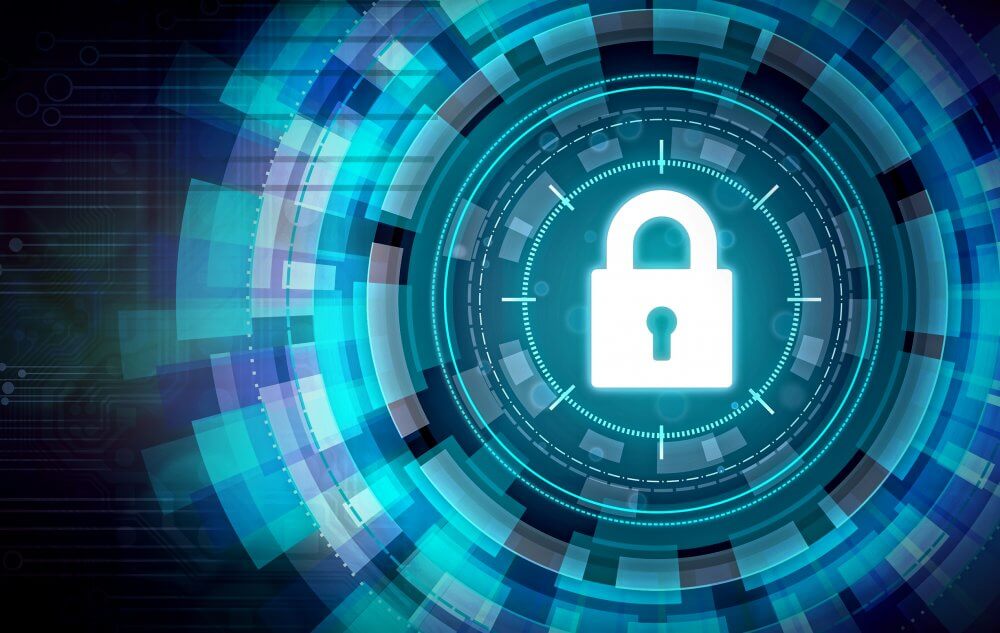Data ethics and trust are a vital part of the digital society. With the rise of 2019, it has already become evident that the transparency of data has become a key element that plays a major role in keeping the data safe and secure for the users. The data centers are trying their best to advocate cybersecurity rights to reduce the effect of the malware issues and phishing attacks. The organizations that restrict them from such arbitraries are deemed to compensate their wrongdoings in terms of data invasion.
What is Data Security?
Data security or computer security is an essential practice that enables the data moderators to take such measures that prevent organizations and users from the use of unauthorized data available on computers, websites, and databases.
Data scientists call the trend of data masking or data encryption as one of the top priority as the use of modern AI technology and Machine learning has now become a prominent part of 2019 that could affect the readability of the digital data. However, data encrypted tools could actually obstruct the occurrences of stealing data for the hackers and the users to ensure maximum safety of the users’ data on the internet.
Data Ethics
The ethics of data security is distinguishing between what’s right and what’s wrong in terms of monitoring and incorporating the data.
In the present world, the term data ethics relates to data transparency and the ethical process that further informs the individuals about their rights regarding privacy and data protection.
It also includes seeking consent for the use of personal data to justify the ethical means of data sharing. Even if the third parties are involved in data transferring, it is the utmost right of the organizations or the users to confirm the validity of the sources.
Ethics – Trends of Data Security in 2019
Almost all the sectors in the world are concerned with the application of data protection rights to enhance cybersecurity methods when using digital technologies.
Data Authentication
Almost all the users are required to provide their identity through a password, code or some sort of data to access a system for the purpose of the authentication.
One of the practicing two-step verification processes mainly used by Google services is considered as an authentication process for the users to grant them with the access of its services.
Electronic Method Record (EMR)
The medical practitioners and health analysts have implemented the use of Electronic Medical Record (EMR) to create maximum awareness about the patient rights which means the use of patient’s data is strictly controlled and limited.
The General Data Protection Regulation (GDPR)
The GDPR as applicable by the European Union has already been effective since May 2018 and harbors the data protection rights as an initiative to generate awareness about the cybersecurity issues and the data protection rights.
It highlights all the essential points in a nutshell and raises the bar for the assessment of data trackers and data-driven technologies in term of regulating data monitoring policies and permission rights.
Data Integrity
Data ethics is a critical aspect that confines within the use of cloud-based and advanced cyber technologies. The consistency and accuracy of the data is the responsibility of the organizations and their manipulation is restricted by the data authorities.
Information and cyber security analysts are concerned about the data monitoring and the processes to induce alertness, visibility, and automobility in a cloud-based or Machine learning environment.
Data Monetization
The process has been limited to supply authentic and useful data relevant to the needs of the organizations. The condition also demands the data be monetized according to the specific terms as the nature of the data should only occur from the confirmed sources.
Data Collection, Access, and Restoration
The previously generated data was accessed and restored by the organizations without any authorization. The misconduct led by the third parties without confirming the use of the data from the sources has now been restricted to its minimal use provided that the organization is only using the verified content and not breaching any laws of data protection in this regard.
Data Sharing
The data centers and data analysts are all subjected to claim the data within the permission rights. The authentication of the data is a vital source of information and could lead to serious breaching of rights if neglected. The data sharing is limited to the consent of the users while there is no specific limitation prescribed by the authorities, the minimum use of data sharing is encouraged.
Inappropriate use of Data
Such penalties include lawsuits, compensation payments, and financial penalties if data privacy is breached. Though, the intensity may vary within certain aspects.
Violation of Data in Cyberwarfare rules
The authorities have launched a zero tolerance policy for the countries to hack each other’s data or use unethical means to indulge in crime scenes and cyber warfare. In case of violation of these rules, some serious consequences will be put upon the data hackers after careful investigation.
Data Transparency
Following data practices by the data users must be available to the public and the collected data is not to be kept for longer terms. The implementation of data protection is necessary for all organizations to avoid any harm from occurring to individuals.
Wrapping Up
The execution of the data safety rights is impossible without following a proper code of conduct. The data ethics highlights all the vital points that value the data of the users and directs the organizations to know their users before even utilizing the data or following the data trends in 2019.






















Leave a Reply